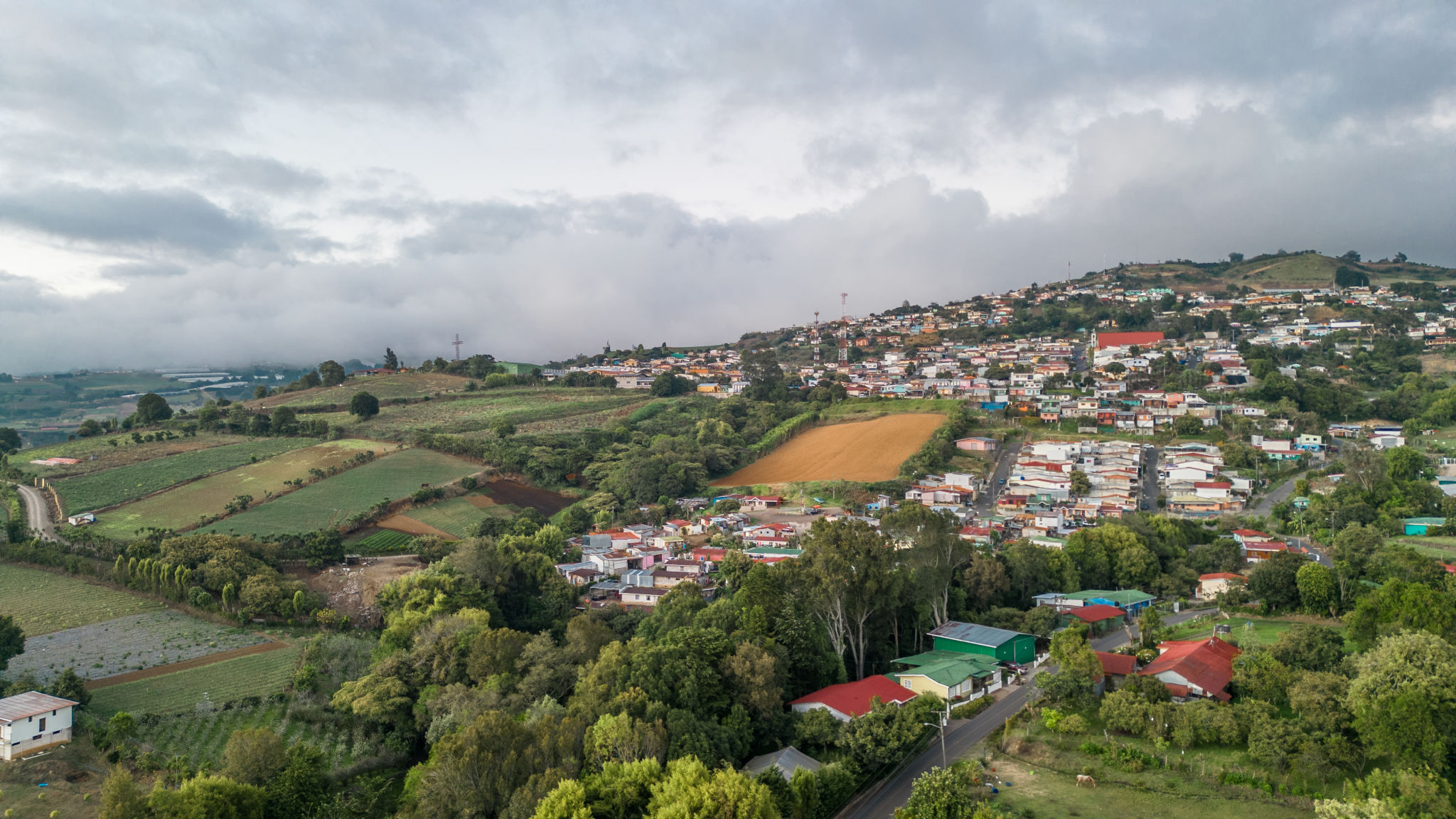Understanding Local Regulations for Short-Term Rentals in Costa Rica
Understanding Local Regulations for Short-Term Rentals in Costa Rica
The rise of platforms like Airbnb and VRBO has made short-term rentals an attractive option for property owners in Costa Rica. However, navigating the local regulations is crucial to ensure compliance and avoid any legal issues. Understanding these regulations can not only help you maximize your rental income but also contribute positively to the community where your property is located.

Legal Requirements for Short-Term Rentals
Costa Rica has specific legal requirements that property owners must adhere to when engaging in short-term rentals. Firstly, it is essential to register your property with the local municipality. This registration involves providing necessary documentation, such as proof of ownership and a valid identification. Additionally, properties used for short-term rentals must comply with safety and health regulations, which are enforced by local authorities.
Property owners are also required to pay a tourism tax if their rental business generates more than a specific annual income. This tax is used to support the country's tourism infrastructure and services. Failure to comply with these legal requirements may result in fines or even closure of the rental property.
Impact on Local Communities
While short-term rentals can provide economic benefits, they also impact local communities. It is important for property owners to be aware of and mitigate any negative effects. For instance, increased tourist presence can lead to congestion and noise, affecting residents' quality of life. By establishing clear house rules and maintaining open communication with neighbors, property owners can help minimize these issues.

Environmental Considerations
Costa Rica is renowned for its commitment to environmental sustainability. Property owners should integrate eco-friendly practices into their rental operations. This includes implementing waste management systems, promoting energy-efficient appliances, and encouraging guests to conserve water and electricity during their stay. These actions not only align with the country's environmental goals but also enhance the property's appeal to eco-conscious travelers.
Furthermore, participating in or supporting local conservation initiatives can be a great way to give back to the community and preserve the natural beauty that attracts tourists to Costa Rica.
Insurance and Liability
Another critical aspect of managing short-term rentals in Costa Rica is securing adequate insurance coverage. Standard homeowner's insurance policies may not cover damages or liabilities related to short-term rental activities. Therefore, property owners should consider obtaining specific insurance policies tailored to cover potential risks associated with hosting guests.

Liability insurance is particularly important as it protects owners from potential claims resulting from injuries or damages that occur on the property during a guest’s stay. Ensuring you have the right coverage provides peace of mind and protects your investment.
Conclusion
Understanding and adhering to local regulations for short-term rentals in Costa Rica is crucial for successful property management. By ensuring compliance with legal requirements, mitigating community impacts, embracing environmental practices, and securing appropriate insurance, property owners can create a positive experience for guests while contributing to the sustainable development of the region.
Whether you're a seasoned investor or new to the rental market, staying informed about regulatory changes and best practices will help you navigate the dynamic landscape of short-term rentals in Costa Rica effectively.